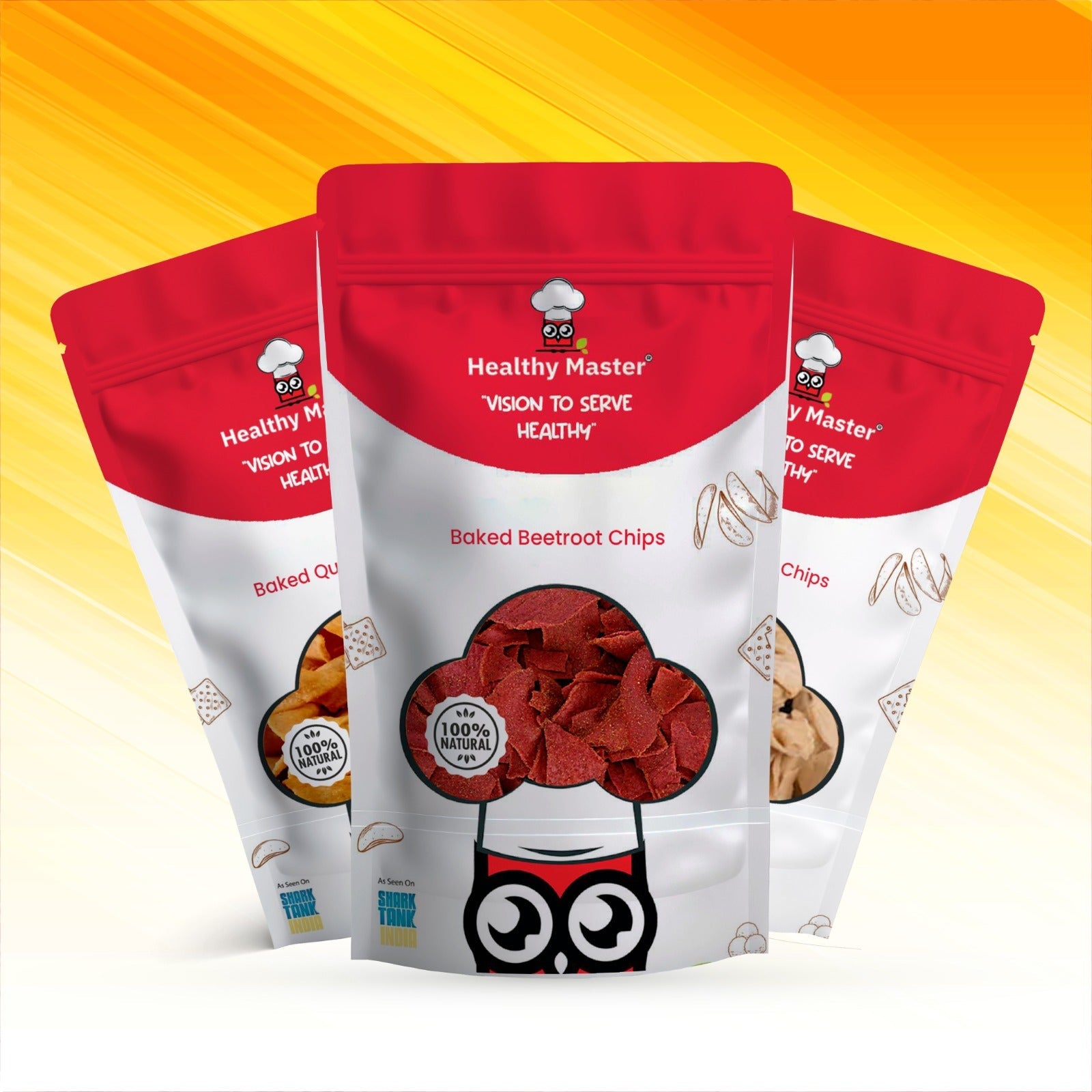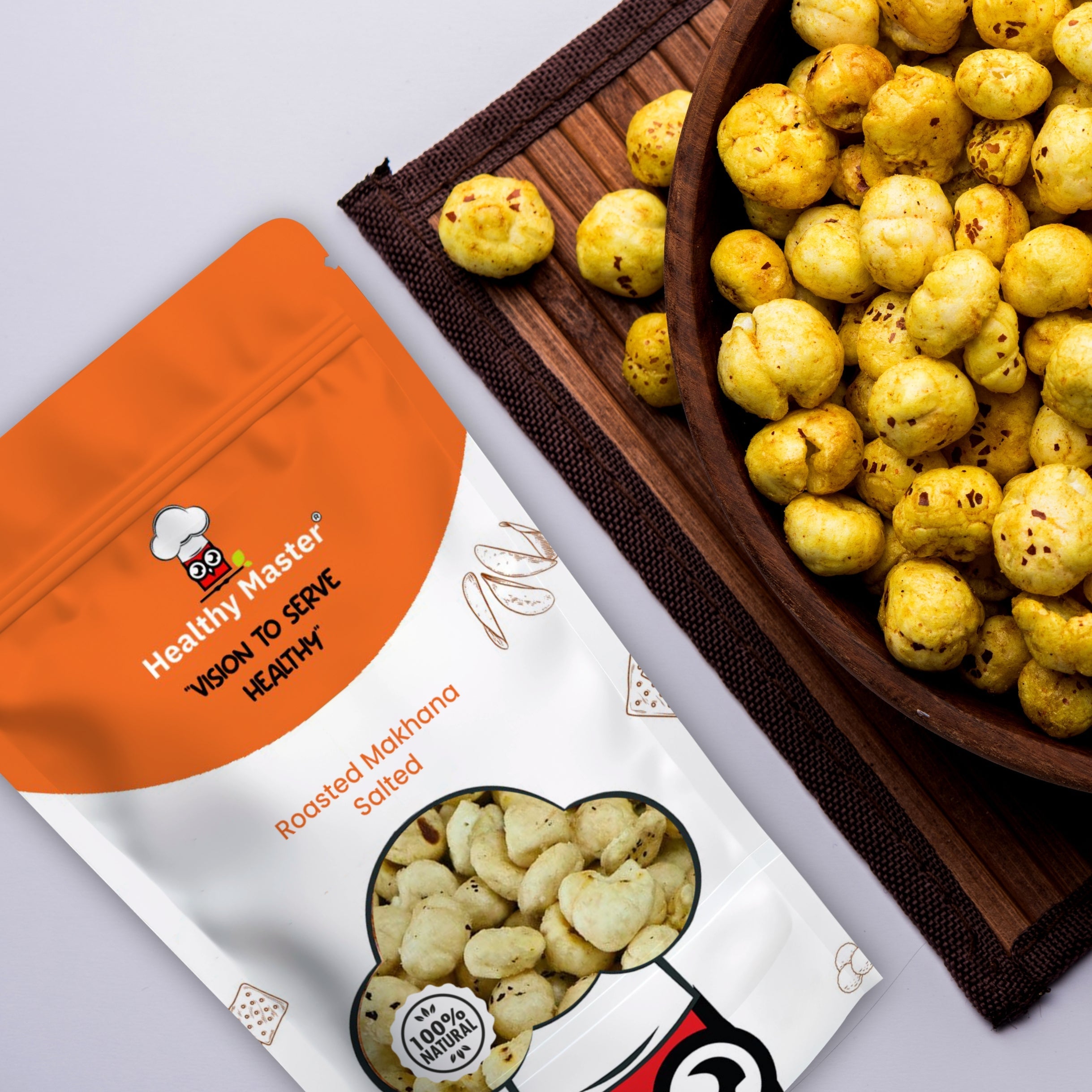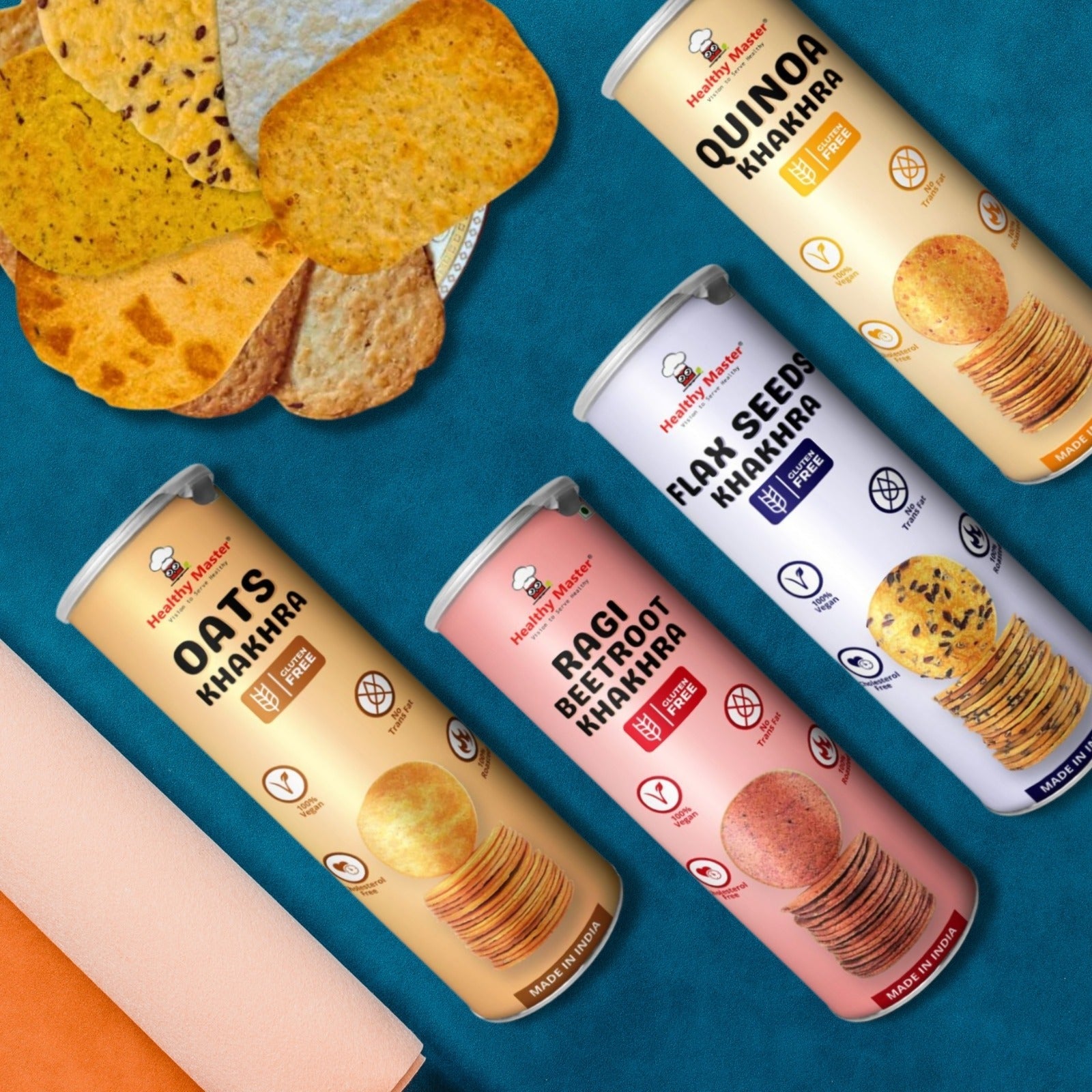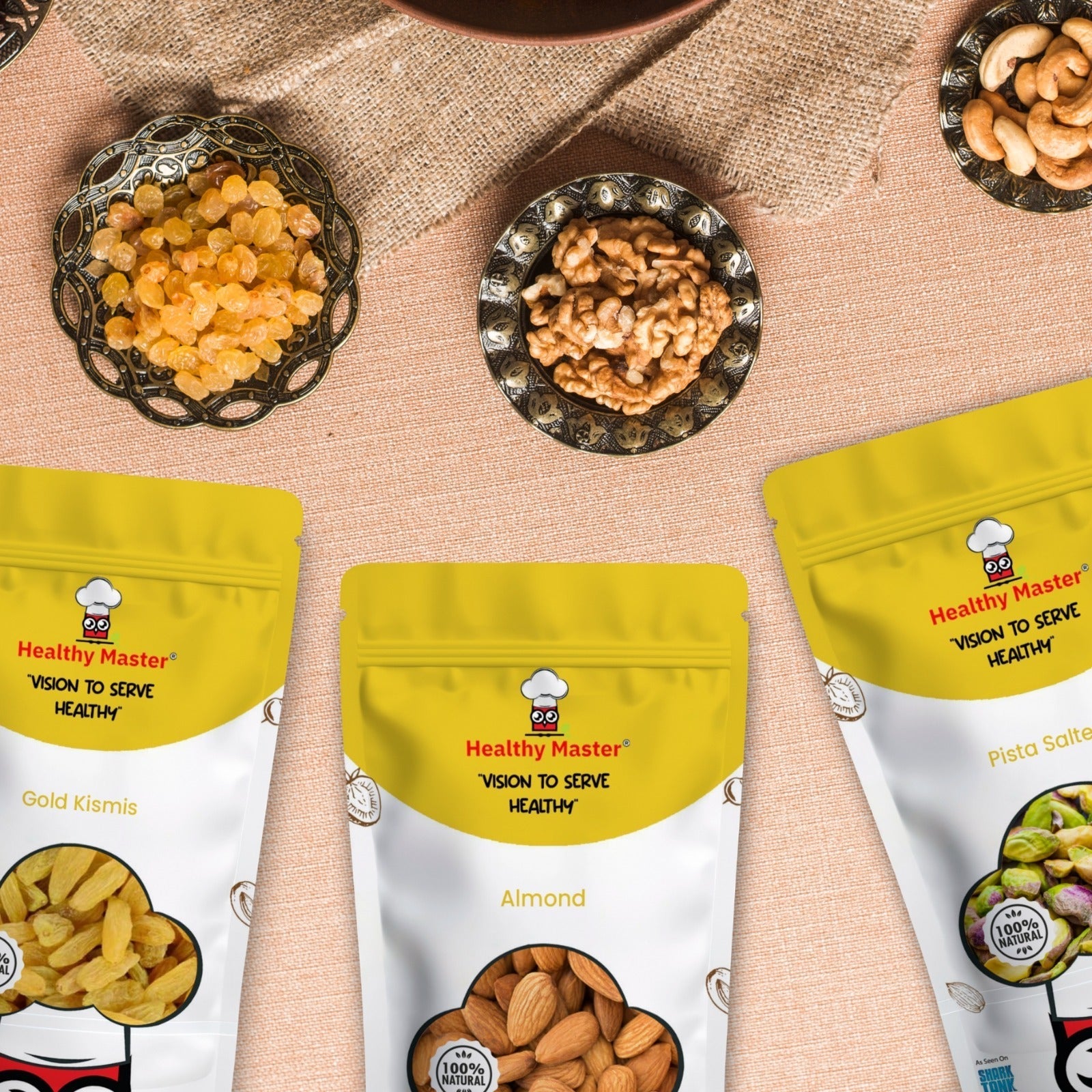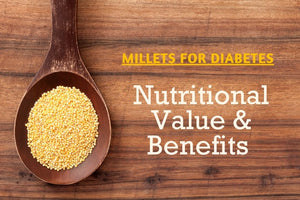More and more people are showing interest in plant-based protein. This is mainly due to the amazing health benefits they are able to obtain from them. There are new products and substitutes emerging every month in the form of powders, milk, and meat substitutes. Moreover, you will also find many old standbys like tofu, quinoa and beans, which will allow you to add animal-free proteins to your diet easily. With the right type of plant-based protein diet, you will be able to build your muscles, provide enough nutrients, and even lose some unhealthy fats from the body.
Plant-Based Protein - Understanding the Science Behind It
When it comes to plant-based protein, there are numerous factors you should consider. From taste to cost, you will find a huge difference in these factors when you are turning to plant-based protein for your health needs. Therefore, it is advised to consider the science behind these protein sources to make the right decision.
Is Plant Protein as Good as Animal Protein?
Obtaining the so-called “complete protein” from plants has been a topic of concern for vegetarians for a long time. When we talk about complete protein, we are talking about the ones that can provide all the nine essential amino acids that the body can't produce on its own. These proteins should be obtained through foods. However, most of the vegan proteins do not contain these essential amino acids. Therefore, choosing the right protein sources is very important.
A well-balanced diet will provide you with a sufficient amount of twenty amino acids, both essential and non-essential. When compared to animal protein, there is still one nutrient that plant proteins cannot provide, vitamin B12. Vitamin B12 is very important for brain functions and blood cell formation. Therefore, if you are planning to go completely vegan, you may have to include this nutrient in your diet through supplements.
What are the Best Plant-Based Protein Sources?
When looking for the best plant-based foods, choosing the ones that not just provide ample protein, but also other health benefits is important. If you are a beginner, beans could be a good start-up option. Apart from proteins, beans also contain dietary fiber, which is associated with numerous health benefits like digestive health. On the other hand, they also reduce the risks of numerous health conditions.
Even tofu could be a great option for a vegan diet. Tofu is a versatile protein source that will absorb all the flavour of whatever it is cooked with. Nuts can also make a very good plant-based protein choice. On the other hand, they are very convenient and versatile. When looking for nuts, you will find a wide range of options in the market today. There are many nuts and nut varieties to choose from. Most of them are rich in proteins and fiber.
Premium Quality Nuts to Choose
If you are in search of premium quality nuts, you will find some of the best provided by Healthy Master. There is a huge variety of nuts like cashews, almonds, chana, soya nuts, etc. On the other hand, you will also find many flavors and textures to choose from. You can easily choose the best that suits your taste preferences. Apart from these, you will also find a huge number of healthy snacks to choose from.
Pistachios are also considered one of the best protein sources to consider. These green bite-sized nuts have 6 gms of protein per quarter cup serving. You can consume them as it is or include them in different dishes.
What to Avoid When Choosing Plant-Based Protein?
Opting for plant-based protein over animal ones can provide you numerous benefits, especially if you are a vegan. Some of the health benefits include low risk of type 2 diabetes, weight management, and longer life. However, still, there are some necessary factors you should consider.
Processed Foods
Some of the plant-based proteins like plant-based meat and cheese are highly processed. In some cases, the sodium and saturated fat content in these products can be very high even when compared to meat. Therefore, it is very important to check the nutritional value of these products and choose them wisely. According to experts, it is best to limit ultra-processed foods as much as possible. Although plant-based meats can be delicious, eating them in moderation is very important.
Avoiding foods high in food sensitivities is also very important. For instance, people who are allergic to soy or nuts might find it difficult to follow a diet high in plant-based proteins. On the other hand, people who have digestive issues like irritable bowel syndrome should avoid or limit the consumption of high-fiber plant-based foods.
Plant-Based Foods and Environment
Opting for plant-based proteins is not just good for your body, but also for the environment. Apart from nourishing you, they will also restore the planet. Some studies also showed that shifting from an omnivore diet to a vegan also reduced personal greenhouse gas. Water conservation is another important area where plant proteins help the environment when compared to animal proteins. As meats like beef, pork, and poultry consume more water when compared to plants, there can be a huge difference in water conservation.
How to Incorporate more Plant-Based Protein in your Diet
Are you looking for an option to include more plant-based protein in your diet? If so this guide will help you as a beginner. For instance, you can start your day with chocolate, banana, and quinoa or tofu scramble with some rotis. This will provide you with all the necessary proteins and nutrients. This will also provide you with the necessary energy to run the morning tasks while keeping you filled.
For lunch, you can choose simple broccoli and peanut noodles or chickpea wraps which make flavourful high-protein meals. When it comes to dinner, you can opt for black bean and spinach-based dishes with roti or even a veggie-packed soup. You can be more creative with the numerous options available. However, moderation and balance is the key. Make sure you are not just focusing on proteins or even fiber. A balanced diet will ensure optimal health while also providing all the necessary nutrients.
Conclusion
It does not matter whether you are choosing beans, tofu, nuts, or a combination of all of the above, plant-based proteins can provide you with numerous health benefits. With proper planning, your plant-based protein diet can be inexpensive, delicious, and packed with nutrients.
As mentioned above, creativity is the key. Mix and match different ingredients to create a balanced diet. You can also find some specialized options online. For instance, you will find vegan-based snacks provided by Healthy Master where you will find a huge list of products. There are different categories to choose from such as vegan diet, keto-friendly, vegan, protein, etc. All you have to do is to choose the best products, mix and match, and enjoy unending flavours and textures in your vegan diet.
 Deal of the week : Trial Snack Box - 18 Wholesome Delights Just at ₹ 899.00
Deal of the week : Trial Snack Box - 18 Wholesome Delights Just at ₹ 899.00










